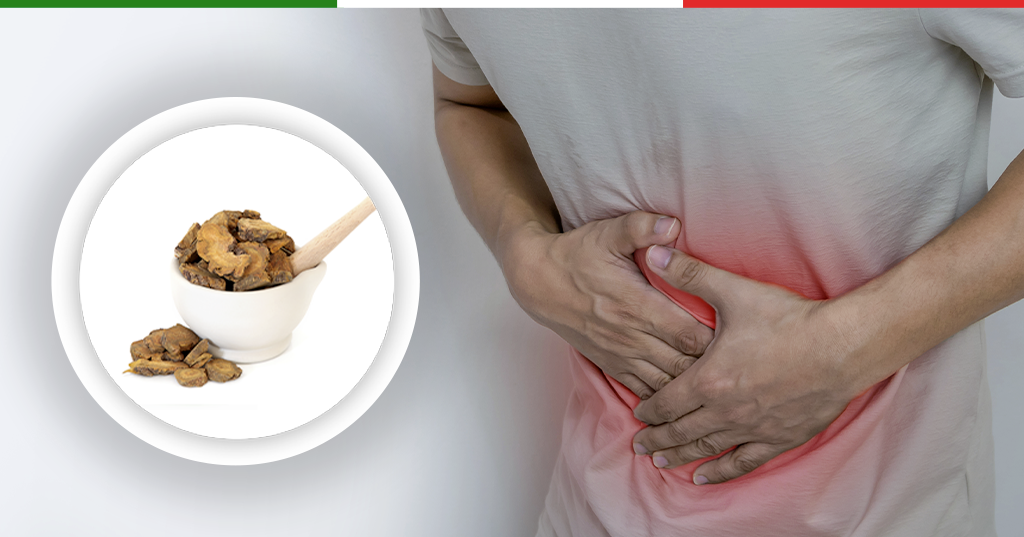
From EFSA new restrictions on botanicals containing hydroxyanthracene derivatives
Hydroxyanthracene derivatives (or anthraquinones) are a class of molecules found in various plant species used for health purposes, particularly aloe, rhubarb, senna, cascara, and buckthorn, as well as in common vegetables, such as peas, beans, lettuce, and cabbage. In traditional medicine, anthraquinone plants have a long use to treat constipation. However, since 2018, an opinion from EFSA, the European Food Safety Authority, has called into question the safety of these preparations, laying the groundwork for banning Aloe. A recent opinion published on May 23, 2024, confirms the same conclusions for the other four plants, which now also risk disappearing from the dietary supplements market.
A controversial issue
The issue has deep roots, starting in 2013 when a company applied for approval by EFSA of a health claim about improving bowel function for a product containing, among other ingredients, 5 mg/tablet of rhubarb. At that time, EFSA confirmed that hydroxyanthracene derivatives found in various plants, including the root and rhizome of Rheum palmatum L. and/or Rheum officinale Baillon and/or their hybrids, the leaves or fruits of Cassia senna L. and/or Cassia angustifolia Vahl, the bark of Rhamnus frangula L., Rhamnus purshianus D.C., and Aloe barbadensis Miller and/or various aloe species, mainly Aloe ferox Miller and its hybrids, provided this benefit when taken at a daily dose of 10 mg in adults. However, in the same document, EFSA recommended against long-term use due to various risks to bowel function.
Subsequently, in 2016, the European Commission asked EFSA to provide a scientific opinion on the safety of hydroxyanthracene derivatives in foods under Article 8 of Regulation (EC) No. 1925/2006 and to advise a daily dose that would not raise concerns about harmful health effects. After reviewing the available data in scientific literature, EFSA concluded in 2018 that hydroxyanthracene derivatives should be considered carcinogenic and genotoxic (i.e., capable of causing DNA damage) unless there are specific data to the contrary. This opinion, in 2021, led to the ban from the market of Aloe spp. preparations containing hydroxyanthracene derivatives at levels ≥ 1 ppm (mg/kg) in dietary supplements, but paradoxically, not their use as flavoring agents. The use of other anthraquinone drugs was put under observation for four years, during which all stakeholders could gather scientific data to support their safety.
In 2023, the European Commission asked EFSA to evaluate the studies presented by stakeholders during the observation period. EFSA had already rejected the studies presented by SITOX (Italian Society of Toxicology) regarding Aloe.
Although the scientific data from all studies were negative, EFSA found that the safety of preparations containing hydroxyanthracene derivatives could not be established based on the presented studies, raising many concerns among industry operators and the scientific community.
EFSA's approach, however, does not consider the so-called “matrix effect,” meaning the difference between the use of pure, isolated substances compared to that of a “phytocomplex” (the pool of biologically active molecules in a plant part), where the presumed harmful action would be modulated by the plant matrix itself.
At this point, a decision from the European Commission is awaited, which will almost certainly lead to a ban on the plants currently under observation from dietary supplements, presumably within 2025.
Any alternative to anthraquinones?
Plants and botanical extracts containing hydroxyanthracene derivatives are the most effective natural laxatives and are therefore difficult to replace. However, there are other classes of milder natural laxatives, such as osmotic laxatives, that draw water into the intestinal lumen, or vegetable oils that have an emollient, lubricant action, as well as fibers, both soluble and insoluble. Soluble fibers, including mucilages, combine the mechanical action of increasing fecal mass with the fact that their fermentation in the intestinal lumen sustains the colon’s bacterial flora and produces short-chain fatty acids with a prokinetic action, resulting in improved intestinal transit. Of course, to fight constipation, a healthy lifestyle is always highly recommended, including physical activity and a fiber-rich diet.
Click here if you want to know more about 100% EPO dry extracts of Altea and Malva, DNA certified and standardized to contain 25% mucilages.